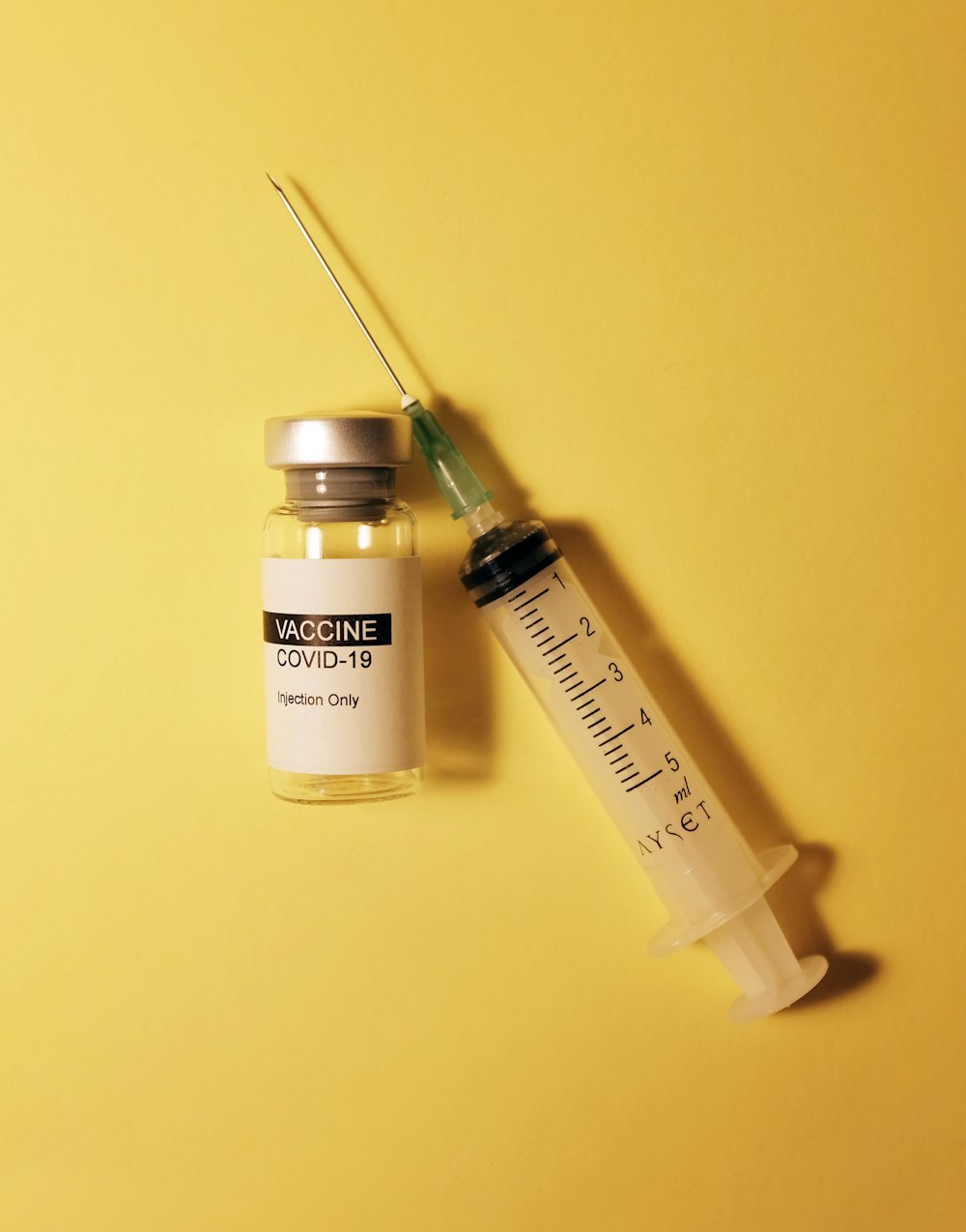Moderna’s listing on the S&P 500 got all the world talking last week as the notorious gene therapy company entered the big-time when it took its place among the pantheon of Wall Street super-firms. Its share price exploded, and investors rushed to take a piece of one of Covid-era’s greatest success stories.
But amidst all the optimism, some wiser, calmer heads were whispering words of caution while others were getting carried away in all the excitement. Which leads us to ask: is Moderna the real deal – or is the company just the latest in a long line of over-hyped and over-valued businesses on the cusp of a monumental crash?
Everyone Wants To Be Moderna
Before the outbreak of the coronavirus last year Moderna was something of a boutique brand in the pharmaceutical world, more famous for the fact it had never produced a single commercial product than it was for delivering on its promises of revolutionary, innovative technology.
But all that changed with the outbreak of the coronavirus pandemic in early 2020, and, in truth, the company never looked back. Moderna became the focus for much of the media establishment, with journalists eager to tell its story, digging deeper into the groundbreaking and unusual science it was apparently spearheading.
Moderna’s Valuation Is Simply Untenable
Fast forward one year, and Moderna has just seen its share price more than double in the last two months, taking the company from an enterprise worth $65 billion in the last week of May, to one that today is valued upwards of the $130 billion mark.
Little happened during those two months, save Moderna’s entry onto the S&P 500 list. So how can this rapid expansion in market valuation be justified?
Moderna Price-Sales Vs Pfizer Price-Sales
To get a more accurate idea of where Moderna sits financially, we can compare the company with one of its competitors in the industry, namely the American multinational pharmaceutical corporation Pfizer Inc. (PFE).
Like Moderna, Pfizer (PFE) is a company with a Covid-19 vaccination already available for commercial sale, and both businesses are in the same order of magnitude when it comes to market capitalization.
To begin with, when measuring both firms Price-to-Sales (P/S) multiple we come across a huge initial disparity. Moderna (MRNA) currently trades at a Trailing Twelve Month (TTM) P/S ratio of 47, whereas Pfizer comes in at a much more favorable 5.1.
To give a little more color, the median P/S score for the Health Care sector is 8.1, demonstrating just how far off Moderna is where it comes to its rivals on point, and also just how well Pfizer is performing here too.
We don’t have to stop with the P/S number either. Looking at profitability metrics, Pfizer beats Moderna once again.
For instance, Pfizer’s TTM Gross Profit Margin of 77% is easily twice as high as Moderna’s at 32%, and it also performs better on a simple Price-to-Earnings (P/E) measurement too, with Moderna clocking in a bewildering TTM GAAP P/E of 220 versus Pfizer’s 25.
Investors should also be aware that, unlike Moderna, Pfizer shareholders receive a dividend payment from the business, which on current prices stands at a yield of 3.71%.
Has MRNA Valuation Got Ahead Of Price?
Pfizer and Moderna were first and second respectively in bringing a Covid-19 vaccine to market back in 2020. However, despite both now being in the same ballpark with market capitalization, Pfizer is a much more mature company, one with a background of over 150 years of history, a highly diversified portfolio of medicines, and the ownership of many well-known drugs used in a wide range of therapeutic interventions.
Moderna, by contrast, is barely a decade old with just a single commercially available product to its name. It’s also a kind of pure-play business, since its research efforts are all focused on using mRNA technology to help develop drug solutions, meaning it suffers from exposure to risks that plague firms with a lack of product diversity.
All of this should be in the back of investor’s minds when weighing up Moderna against either Pfizer or any other similar company: Moderna might have the market cap of a big pharmaceutical, but it isn’t, by any stretch of the imagination, a big pharmaceutical company.
However, Moderna is certainly a leader in the Covid stakes when judged by the success of its coronavirus vaccine. It is 94.1% effective, and, unlike the Johnson & Johnson (JNJ) and AstraZeneca (AZN) jabs, there has been little in the way of adverse side-effects that might’ve brought negative scrutiny on the company.
Will Moderna Share Price Fall?
And yet, there are major catalysts on the horizon that could bring severe problems for vaccine manufacturers in the future. Many companies are betting on a market for repeat booster shots in the coming years, but it’s not clear at the moment that this assumption will prove to be correct.
Furthermore, Moderna has used the fact that it has secured “APAs” i.e. advanced purchase agreements, to the tune of $19.2 billion to boost its sales figures, but these are still only “anticipated”, and it remains to be seen how this will play out.
And finally, Moderna enjoyed quite a bit of luck in its battle with its rivals, especially with Johnson & Johnson and AstraZeneca dropping out of the race because of safety concerns, and that is unlikely to happen again. Indeed, the competition is actually hotting up: Novavax (NVAX) is expected to be granted regulatory approval later this year, taking scarce market share from companies already in the space.
If this thesis seems plausible, now might be the best time to make the bear call with Moderna so highly rated. The company will be hard-pressed just to maintain its present valuation, and any one bad catalyst could bring its house of cards tumbling down.
The author has no position in any of the stocks mentioned. Financhill has a disclosure policy. This post may contain affiliate links or links from our sponsors.
